Significance
The focus around this concept is on recognizing why a person of event is of importance. Children are encouraged to evaluate the relevance of the contribution of different individuals or how an event came to affect future generations. Children can apply a number of criteria to evaluate significance such as those of Partington (1980) who suggested they consider: Read more
Sort by:
Date (Newest first) | Title A-Z
Show:
All |
Articles |
Podcasts |
Multipage Articles
-
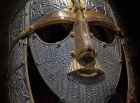
A trail of garnet and gold: Sri Lanka to Anglo-Saxon England
ArticleClick to view -

Addressing the issues of knowledge, skills and understanding
ArticleClick to view -

An Olympic Great? Dorando Pietri
ArticleClick to view -
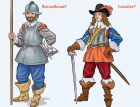
An approach to teaching the British Civil Wars in the primary classroom
ArticleClick to view -

Ancient Sumer
ArticleClick to view -
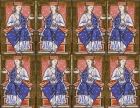
Anglo-Saxon Women
ArticleClick to view -

Assessment and Progression without levels
ArticleClick to view -
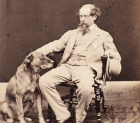
Battersea: here for every dog and cat – 165 years and still going strong
ArticleClick to view -

Beyond compare: a study of Beatrix Potter and Benjamin Zephaniah
ArticleClick to view -
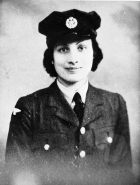
Cross Curricular Project on a famous person
ArticleClick to view -

Doing history in the early years and foundation stage
ArticleClick to view -

Early Islamic civilisation
ArticleClick to view -
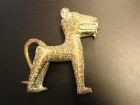
Eweka's story: Benin and Big Picture History
ArticleClick to view -

Exploring the history of space
ArticleClick to view -

Film: What's the wisdom on... Historical Significance (Primary)
ArticleClick to view -

From Champion to Hero: Engaging Pupils in a study of significant Olympians
ArticleClick to view -

From Home to the Front: World War I
ArticleClick to view -

Getting to grips with concepts in primary history
ArticleClick to view -
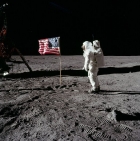
Implementing the 2014 curriculum in Year 2
ArticleClick to view -

Investigating the Indus Valley (2600-1900 B.C.)
ArticleClick to view

